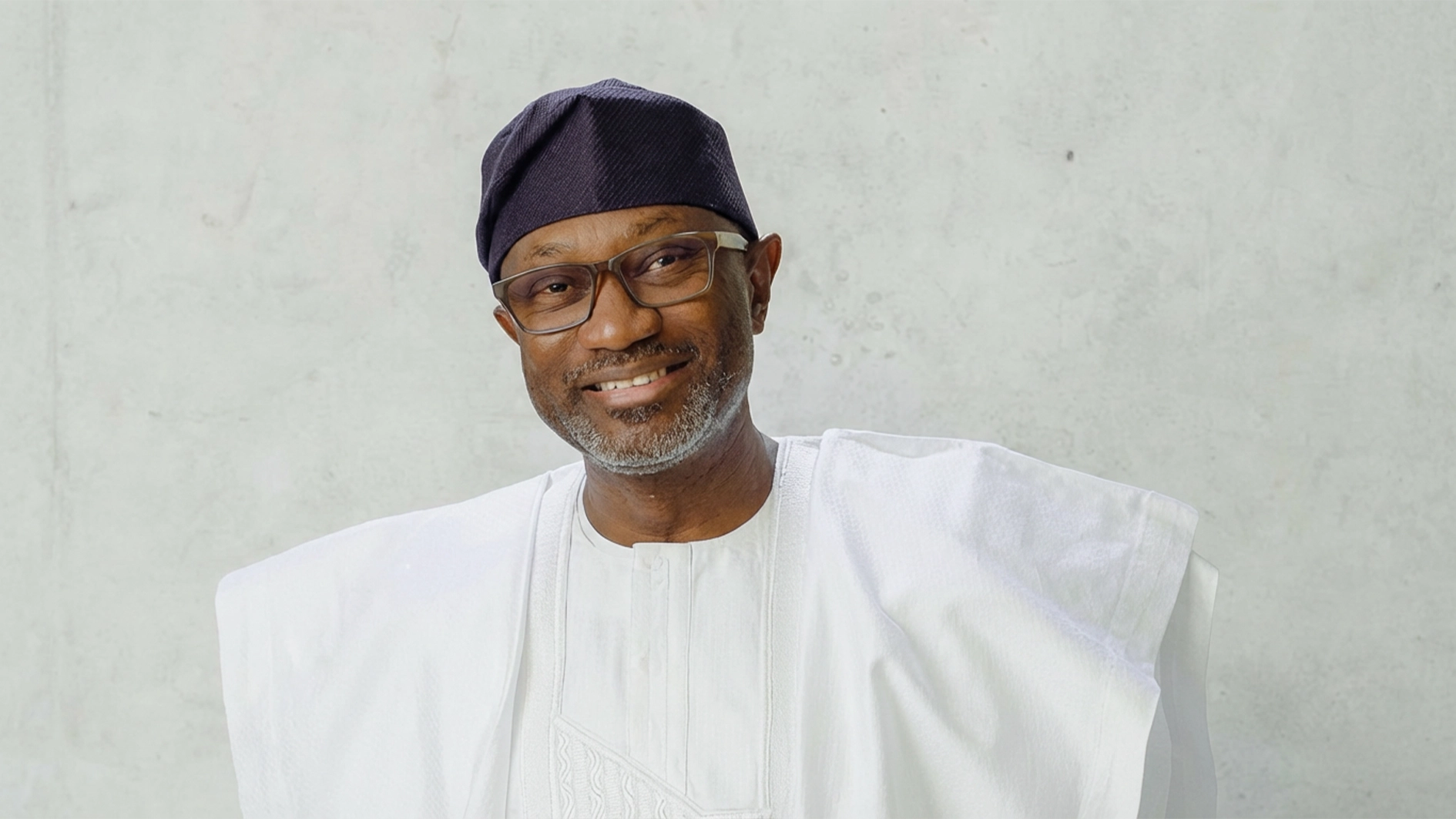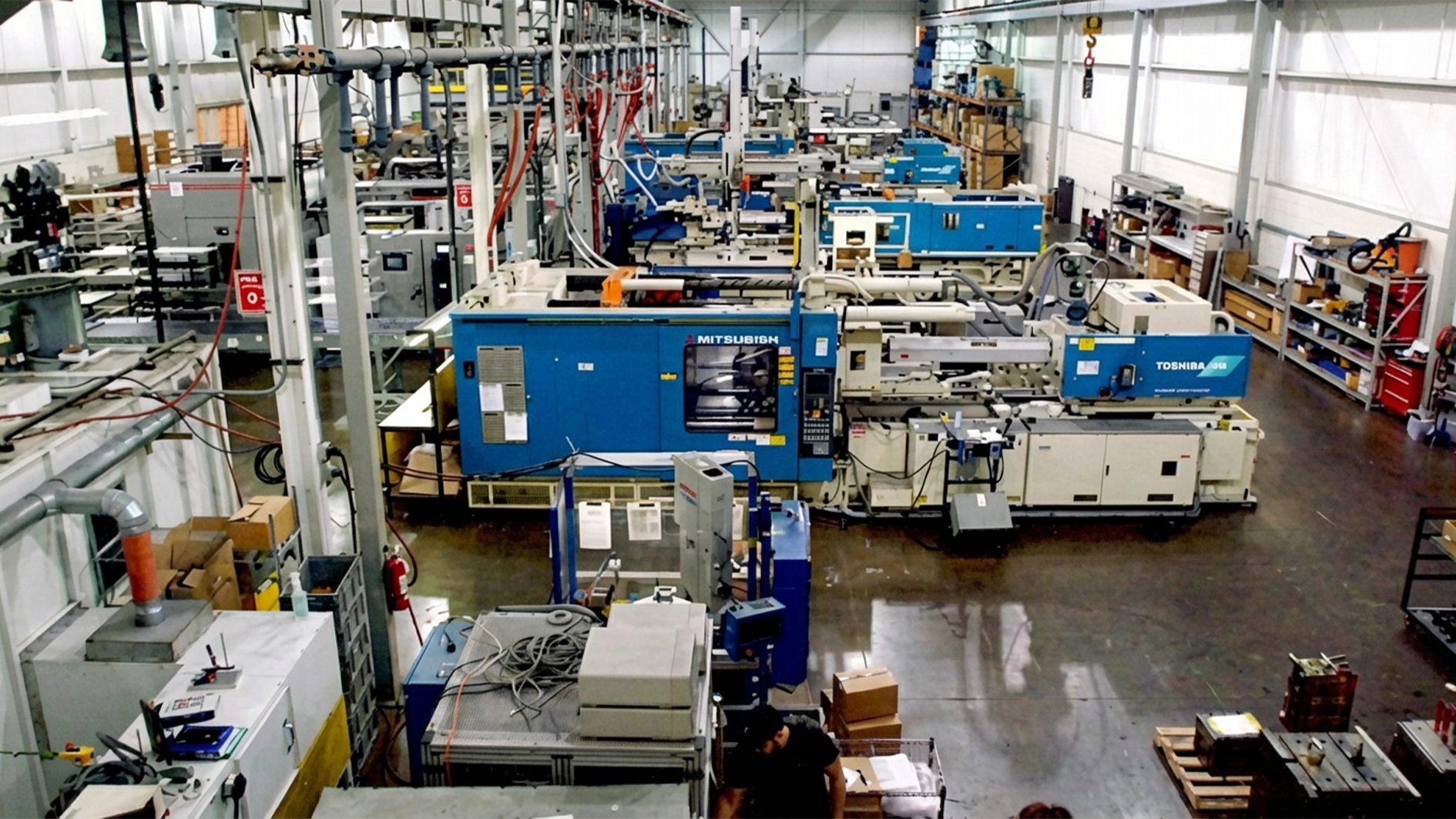•Robust inflows signal economic reawakening, say experts
Nigeria’s total capital importation surged to $5.64 billion in the first quarter of 2025, surpassing the $3.38 billion recorded in the same period of 2024 by
This growth represented a significant increase of 67.12 per cent, the National Bureau of Statistics (NBS) said in its Q1, 2025 Capital Importation Report released yesterday.
The report revealed a 10.86 per cent increase in capital imports compared to the preceding quarter. In Q4 2024, capital imports totalled $5.09 billion.Portfolio investment emerged as the top category, accounting for 92.25 per cent of the total capital imports at $5.2 billion. Other investments followed closely behind, contributing 5.52 per cent at $311.17 million. Foreign direct investment (FDI) had the lowest share, comprising 2.24 per cent of the total capital imports at $126.29 million.
The banking sector recorded the highest inflow of capital $3.13 billion, representing 55.44 per cent of the total capital imported in Q1. The financing sector followed closely behind, with $2.1 billion, accounting for 37.18 per cent. The production/manufacturing sector had the lowest share at $129.92 million, contributing 2.3 per cent.
The report indicated that capital imports during the reference period primarily originated from the United Kingdom, accounting for 65.26 per cent of the total capital imports.
This was followed by South Africa, which contributed 8.88 per cent at $501.29 million, and Mauritius, which contributed 6.99 per cent at $394.51 million.
Out of the five states that recorded capital imports during the quarter, Abuja emerged as the top destination at $3.05 billion, accounting for 54.11 per cent of the total capital imports.
Lagos state followed closely behind, with $2.56 billion inflow, representing 45.44 per cent. Standard Chartered Bank Nigeria Limited processed the highest value, controlling a staggering $2.1 billion or 37.29 per cent. This was followed by Stanbic IBTC Bank PLC, which imported $1.4 billion, representing 24.78 per cent and Citibank Nigeria Limited, which imported US$1.05 billion or 18.7 per cent.
Reacting to the improvement, independent investor, Amaechi Egbo, described the milestone as a ‘turning point’ in Nigeria’s economic narrative.
According to him, the rise in capital importation is not just about numbers; it is about the growing faith in Nigeria’s long-term economic prospects.
He pointed out that this reflects a convergence of positive sentiments in the market, a turnaround in investor appetite and a deepening belief in the resilience of Nigerian corporates.
Egbo added that the inflow underscores the impact of ongoing fiscal and monetary reforms, including the liberalisation of the foreign exchange market and efforts to unify the naira exchange rate. He said these moves, though initially painful, are helping to lay a more transparent and investor-friendly foundation for capital attraction.
Egbo stressed the need for Nigeria to prioritise long-term foreign direct investment (FDI) over short-term portfolio investments, which are more volatile and can quickly reverse in reaction to policy or market shocks.
He also warned that Nigeria must avoid complacency, urging policymakers to redouble their efforts on reforms, improve infrastructure, enhance regulatory stability, and ensure that investor capital is protected and profitably deployed.
Team Lead of the Finance Research Department at InvestingPort, Uwem Olubummo, said the figures reflect a clear and positive shift in investor sentiment toward Nigeria.
She noted that the surge is an indication of the growing willingness by foreign investors to re-engage with the Nigerian economy, likely spurred by recent policy reforms, the liberalisation of the foreign exchange market, and improving macroeconomic conditions.
She emphasised that the quarter-on-quarter growth shows consistency rather than a temporary spike, suggesting that Nigeria could be entering a more stable phase of capital attraction.
She categorically stated that the implications for the broader economy could be far-reaching if this momentum is maintained.Olubummo explained that increased capital inflows generally lead to higher foreign exchange availability, which in turn helps stabilise the naira and ease volatility in the currency markets.
Additionally, she pointed out that such inflows can inject liquidity into the financial system, enabling greater access to funding for businesses, startups, and infrastructure initiatives, while also improving investor sentiment more broadly.
She further stated that this renewed investor trust in Nigeria’s economic direction could support critical areas such as job creation, productivity, and GDP growth. However, she also urged caution, stressing the importance of understanding the composition of the capital being imported.
“The key question is: what type of capital is coming in, is it Foreign Direct Investment, which brings long-term commitment, physical infrastructure, and employment or is it portfolio flows, which, while beneficial, are more susceptible to flight in response to global or domestic uncertainty?”
She argued that while the development is undoubtedly a welcome signal for Nigeria, its sustainability depends heavily on the continuity and credibility of economic reforms.
Olubummo also added that the current inflow performance should be seen as a vote of confidence in Nigeria’s economic future, but also as a call to action for policymakers to double down on reforms that can translate short-term gains into long-term prosperity.
President of the Independent Shareholders Association of Nigeria, Moses Igbrude, noted that the development points to a progressive return of foreign confidence in Nigeria’s investment climate.






